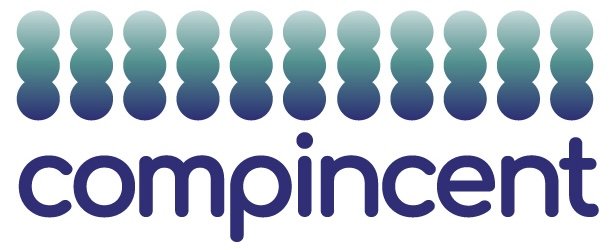Rewarding employees in the late 2020s:
The latest creative and effective incentives to drive business success
The business world has seen a massive shift in the wake of COVID, both in attitudes to work and benefits. An obvious example of this is the four-day work week. Did you know, nearly half of UK employers and 3/5 of US employers are now open to this radical change in working hours? It’s symptomatic of the overhaul that has continues in many companies, as they come to terms with generational and post pandemic shifts and talent shortages. These new challenges are driving employers to think outside the employee benefits box, from festival tickets to pet PTO (paid time off).
Flexibility is the new currency
There are now 200 companies in the UK that offer a permanent four day work week without cutting pay, while in the US, 22% of employees questioned said that their employer offered some kind of four-day working arrangement. A UK study on the four-day working week found that it resulted in no reductions in productivity. In fact, revenues actually increased, whilst employee burnout and stress reduced markedly. The rate of employee turnover also reduced by over 50% over the trial period.
It’s compelling evidence that the four-day week is here to stay. Gen Z’s attitudes to work-life balance strongly corroborate this, with some 90% being in favour, and 71% citing the option of a four-day work week as a significant influence on whether a job is attractive to them.
Wellness perks beyond the gym
A gym membership is a fairly standard company perk offered by businesses across many sectors, encouraging healthy habits and improving employee morale. US company Howden Insurance has taken this one step further, introducing an AI personal trainer (CloudFit) as a benefit for their staff members to encourage more physical activity to personalise their health and wellness benefits.
Tools like these go hand in hand with workplace initiatives to improve health holistically. Deloitte has reported that poor mental health cost them over £5,000 per employee per year. The consulting and advisory firm has made big strides in rectifying this important aspect of company life by allowing employees to dedicate a portion of an annual wellness subsidy to benefits of their own choosing. Workers have made use of this to fund LEGO sets, puzzles, kitchen appliances, spa services and gaming consoles in pursuit of better mental health and work-life balance.
There’s a clear trend for employee benefits to become more personalised and creative rather than imposed from a narrow procurement list.
The benefits of joy and company culture
Company culture undoubtedly supports productivity. Workers who feel they are respected, valued and purposeful within a team tend to be more committed to their employer. Thoughful benefits can enhance their experience. UK-based Propellernet takes this a step further, by quite literally funding employees’ dreams. The company allows employees to submit their bucket list goals: when targets are met, one of these is selected in a lottery and fulfilled. It’s a smart way to align company performance with individual fulfilment, letting staff pick personal rewards when they behave in ways that drive the company forwards.
Other organisations offer entertainment and leisure perks from festival tickets to company social events. These benefits aren’t just about satisfying the individual: they can simultaneously build shared experiences that strengthen team bonds, creating even more productive teams and departments.
Culture vs salaries: money doesn’t always matter
A fair market salary is a foundational feature of any decent job. Good pay and bonus structures are important to almost every would-be employee, but they aren’t the only priority. With changing attitudes to work as Gen Z takes up careers and in the wake of the pandemic, benefits seem even more important. Candidates want an element of work-life balance and rewarding engagement with their employer through its culture.
In 2019, even before COVID, 77% of survey respondents claimed to ‘consider a company’s culture’ ahead of an application, while 56% put company culture as more important than salary. 73% stated they would not work for a company that doesn’t align with their values. The resounding message is you can’t buy loyal and high calibre employees with high salaries alone. This is especially prevalent among Gen Z, who consistently cite work-life balance as a top priority.
Customised, individual benefits come at a price that’s well worth paying
Today, offering a high salary is no longer the only key to efficient and motivated staff. The challenge is much more sophisticated than that. A company has to provide personalised, flexible and relevant benefits that appeal to individual workers as well as bringing teams together and aligning employee and employer values.
It may sound complicated to offer so much choice, but not all the most valued benefits come with a high price tag. Whether it’s a LEGO set or a periodic entitlement to leaving early for a long weekend, smart employers are talking to their workforce to understand what really matters to them and devising processes that make it easy for their staff to customise a package that works for people and for business success.
